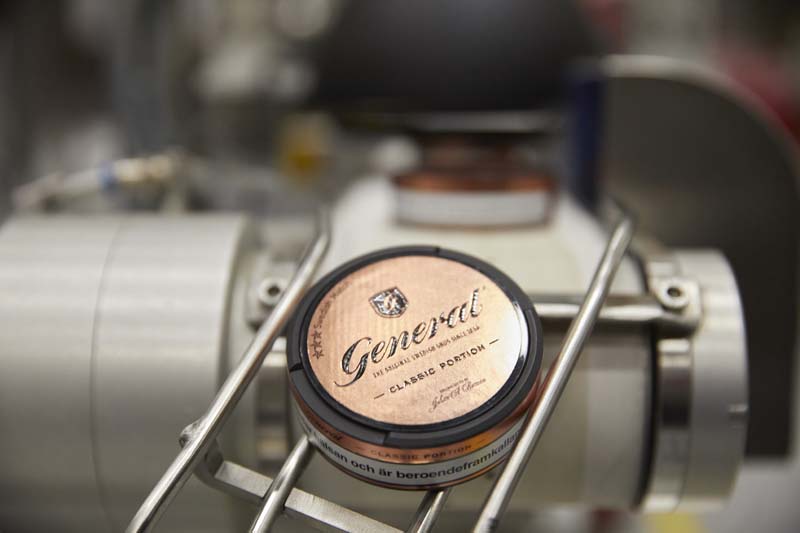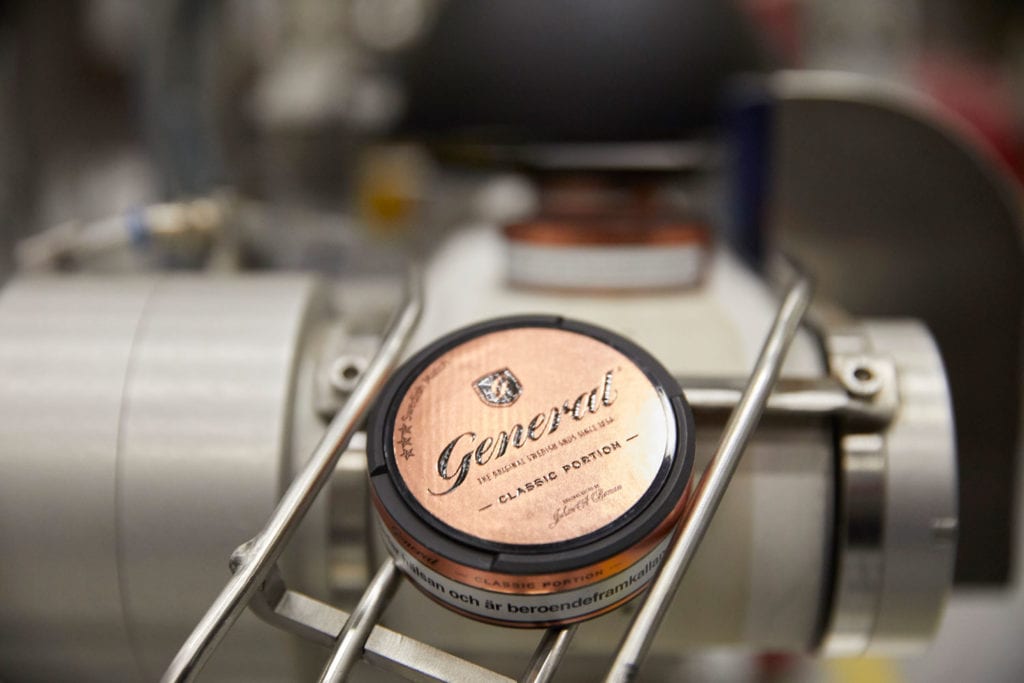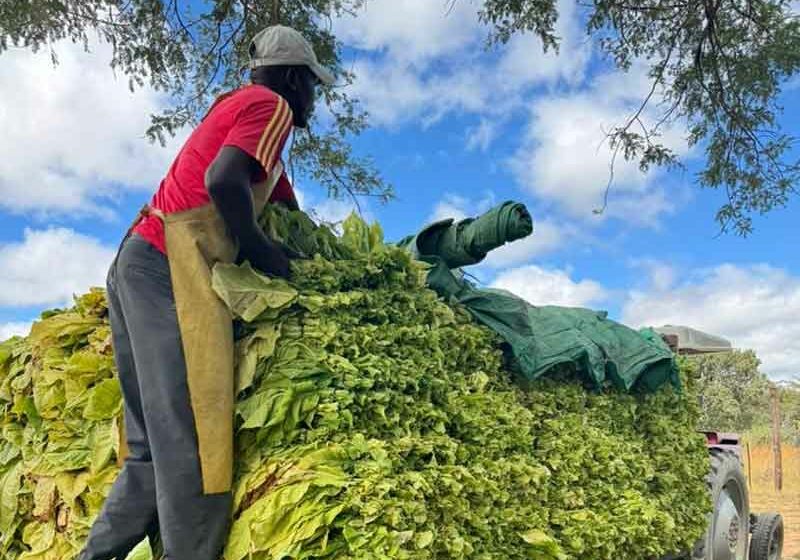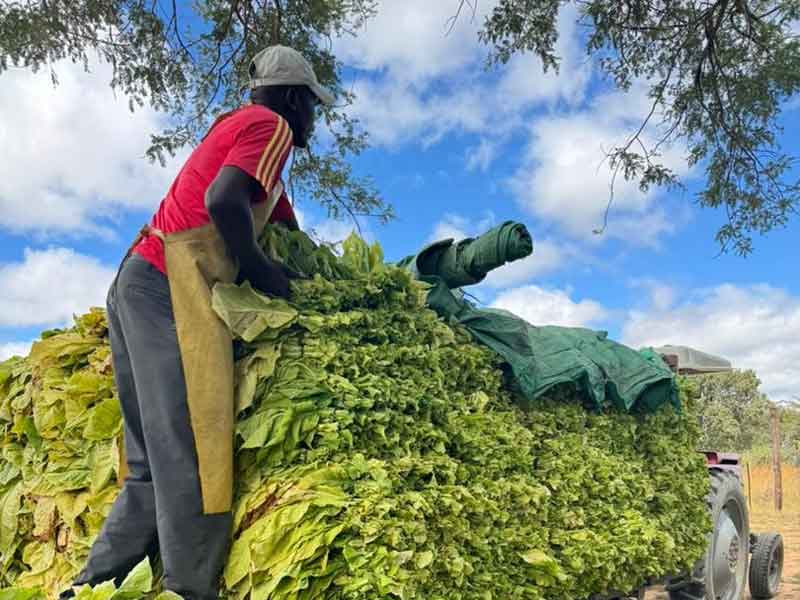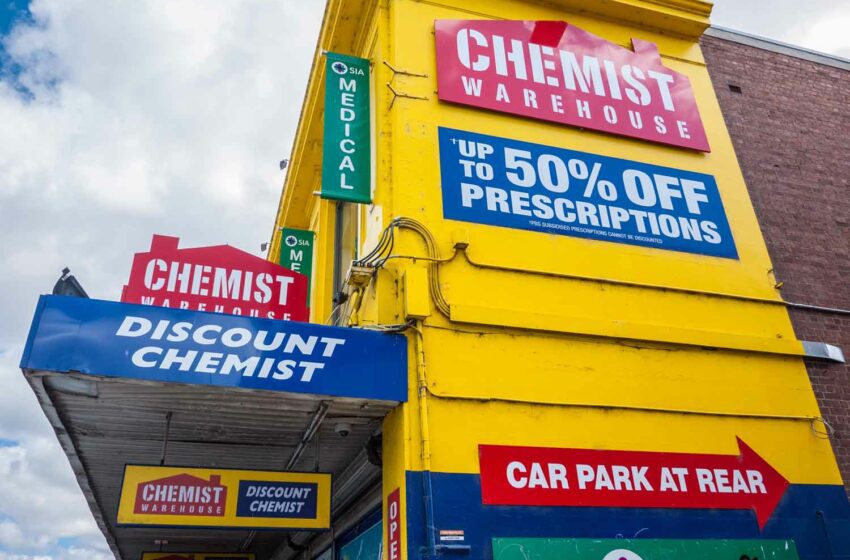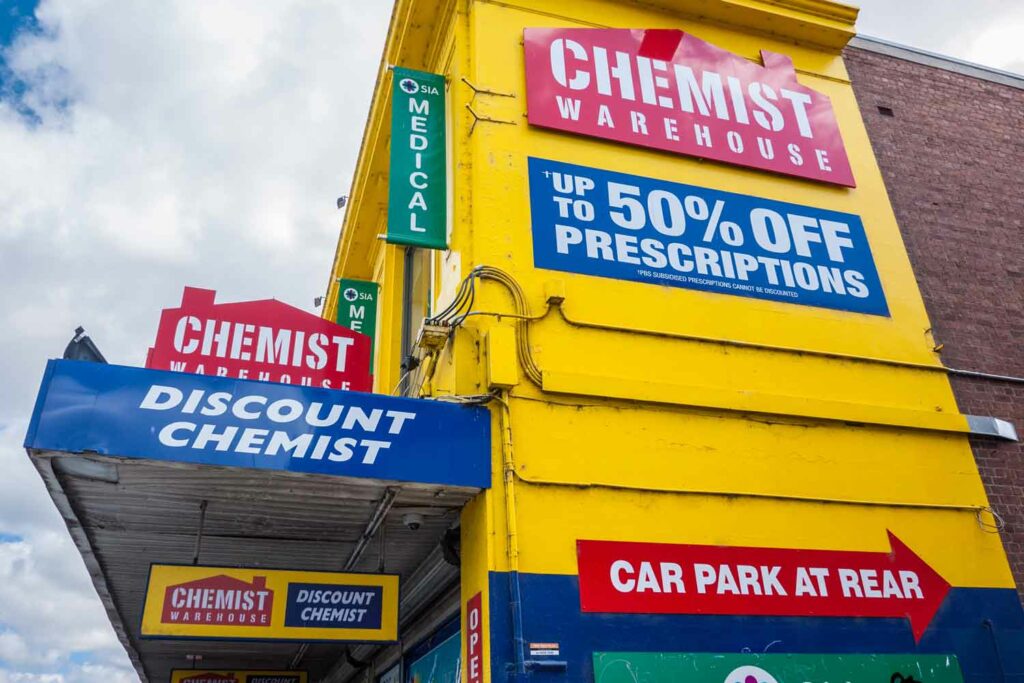
The new U.K. government’s intention to progressively increase the age at which people can buy cigarettes will not achieve its objectives, according to the smoker’s group Forest.
Responding to an announcement in today’s King’s Speech, the annual ceremony in which the British monarch sets out the policies of and proposed legislation that the government plans to introduce, Forest Director Simon Clark said the measure would fail to stop people smoking. Instead, he warned, it would drive more people to the black market and make smoking cool again.
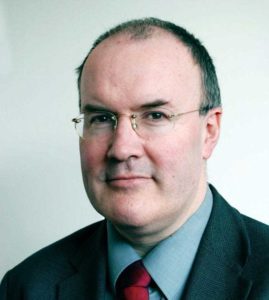
Originally proposed by former Prime Minister Rishi Sunak, the generational tobacco ban would make it illegal for anyone born on or after Jan. 1, 2009, to ever legally buy cigarettes, effectively raising the legal age of purchase by one year, every year.
The measure passed its first parliamentary hurdle in April but was put on hold after Sunak, a conservative, called a national election, which was won by the Labour party.
While vowing to ditch many Tory policies, Labour reiterated its commitment to the generational tobacco ban, prompting criticism from smoker rights activists.
“Labour, like the previous Conservative government, is addicted to the nanny state,” said Clark.
“It’s ironic that Labour wants to reduce the voting age to 16 whilst denying adults the freedom to legally purchase cigarettes.
“If you are old enough to drive a car, join the army and buy alcohol, you are old enough to buy cigarettes and other tobacco products.”
The World Vapers Alliance (WVA) echoed the concern about illicit sales.
“It is already clear that the generational smoking ban won’t work, because prohibitions never work,” said WVA Director Michael Landl in a statement. “What makes the plan even worse is the crackdown on less harmful alternatives. Less harmful alternatives like vaping must be key elements of an anti-smoking strategy. Science and real-life examples like Sweden are proof. Harm reduction works, prohibition fails. The U.K. must not go down this path.”








